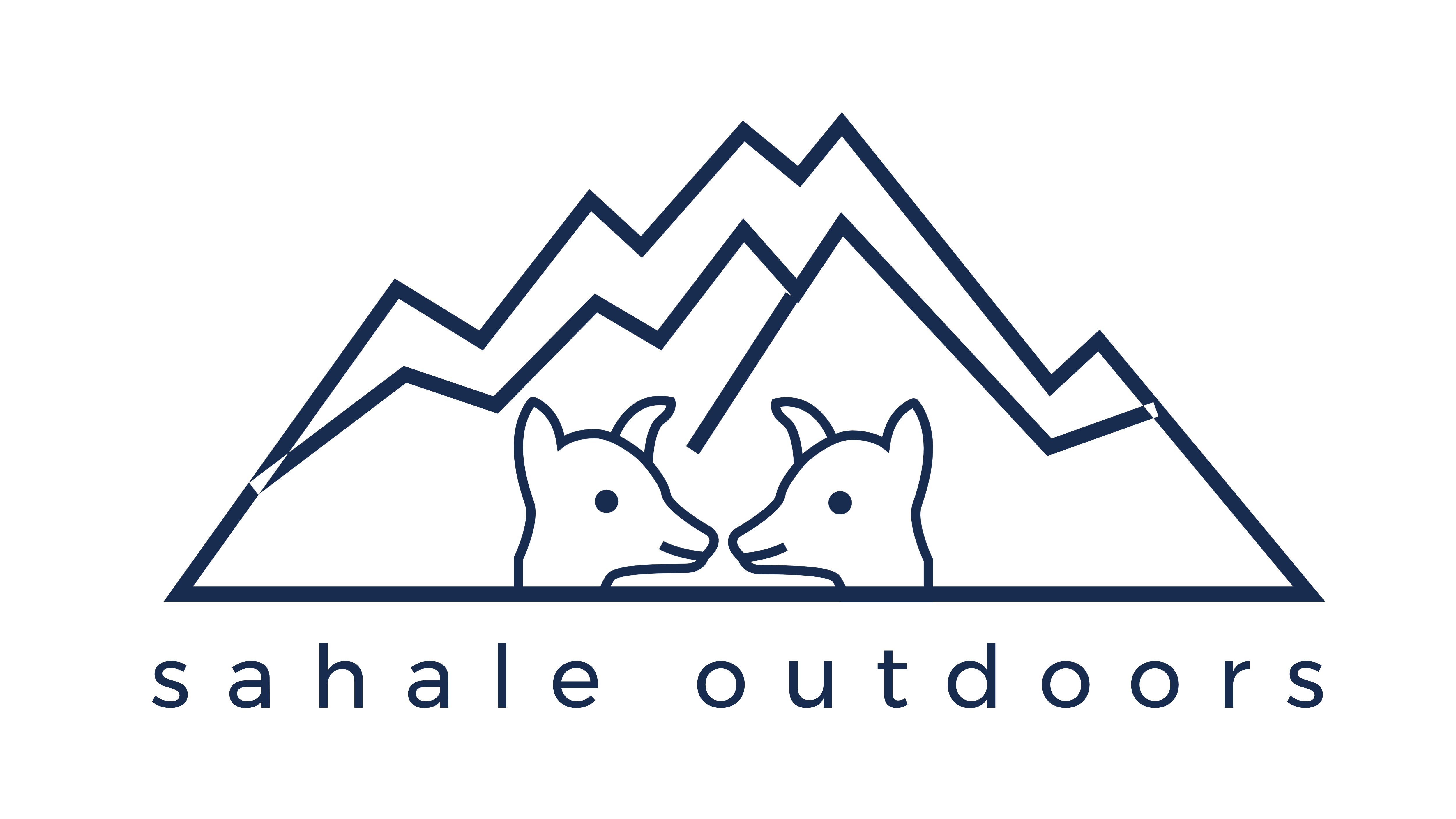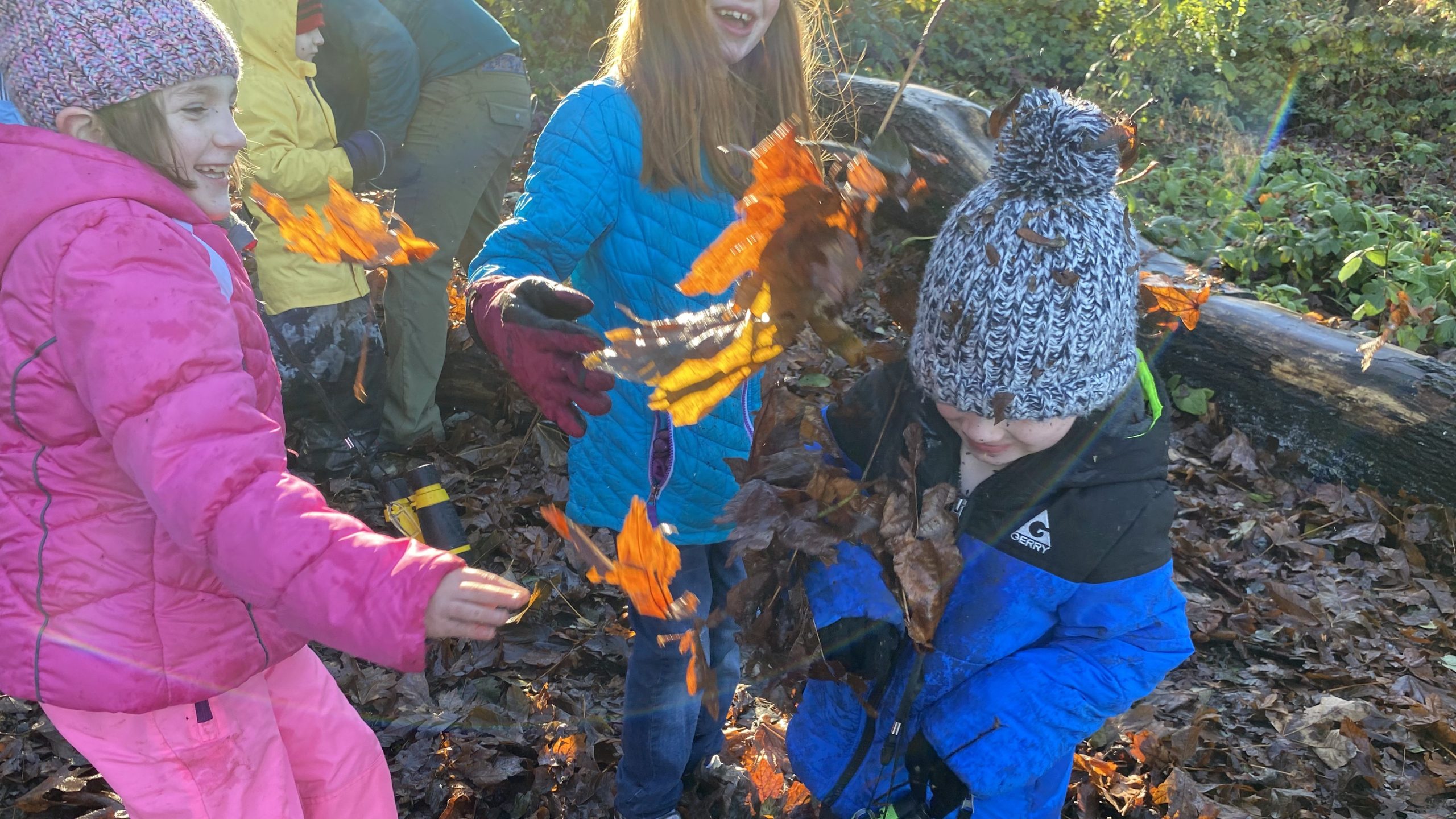
Tiny Trails
Tiny Trails
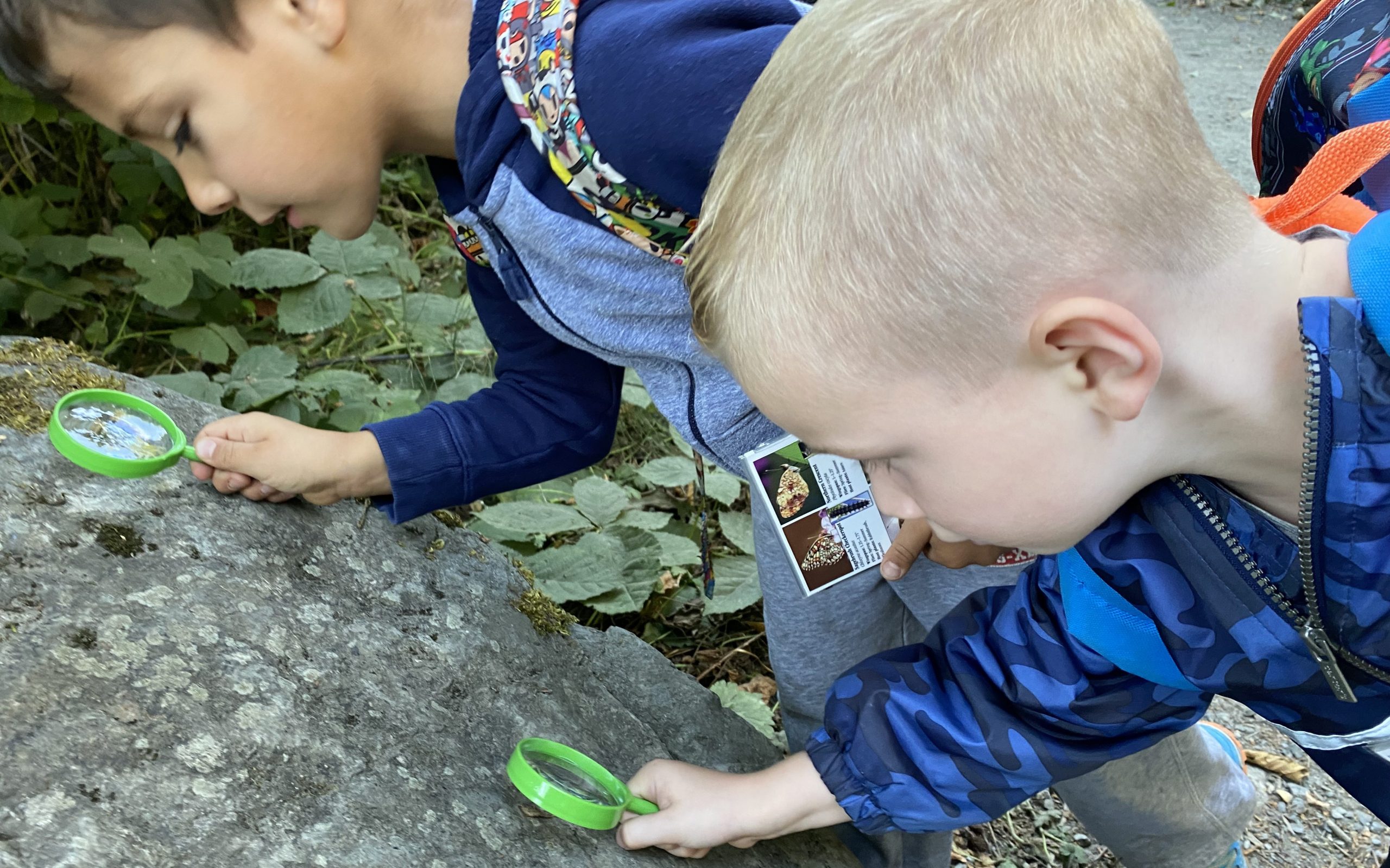
Tiny Trails provides your child with guided exploration of their local environment. They will play and discover while developing a connection with nature, themselves, and each other. Tiny Trails will provide hands-on activities, rain or shine while your child has space to explore and be creative. This includes child-led walks, plant identification, shelter building, and nature games.
This camp is for children ages 4-6. They must be potty trained, and able to be away from their caregiver for 4 hours.
Objectives
- Students will have space for play and discovery with at least 2 hours of child led exploration.
- Students will revisit the same land each session learning the indigenous land
- Be provided opportunities to learn about their surroundings with hands on activities
- Complete a project working towards protecting the land.
- Have space to learn about other participants.
What is Provided
- Field Guides and books
- Ocean life specimens
- Binoculars
Highlights
Child led exploration – Guided nature activities – Building connection with nature and each other
Difficulty Level
Easy: Geared towards little feet.
Length
Five days, four hours per day, from 9am – 1pm.
2025 Schedule:
July 21-25
Price: $350/week
25% of the total trip cost is due at sign-up, with the remainder due two weeks before the trip date. You are welcome to pay in installments, contact trips@sahaleoutdoors.org to set up a payment plan.
Our mission is to make outdoor recreation accessible to all. If you cannot afford the total cost, request sliding scale pricing here:
Sign up now
Photo Gallery
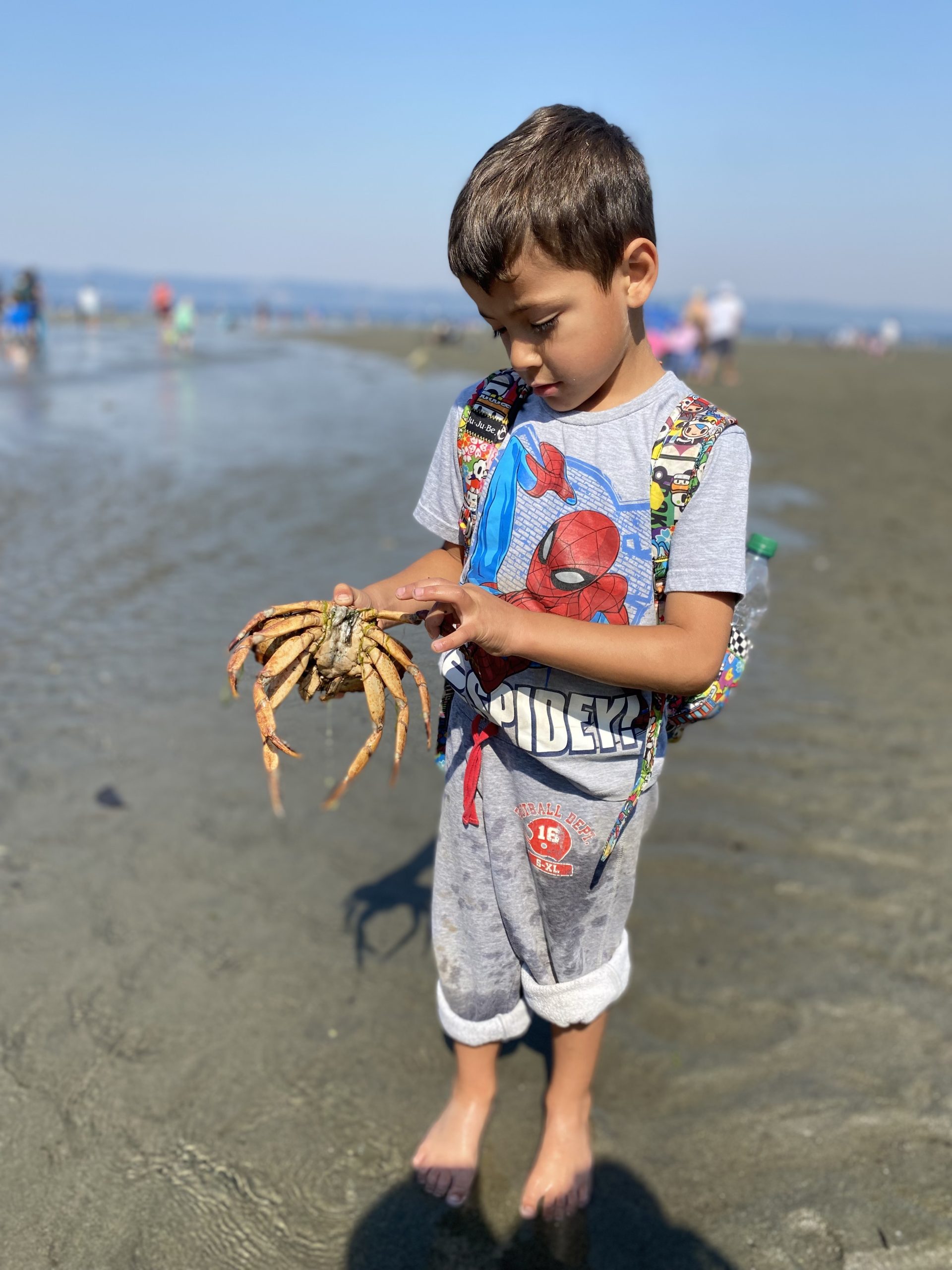
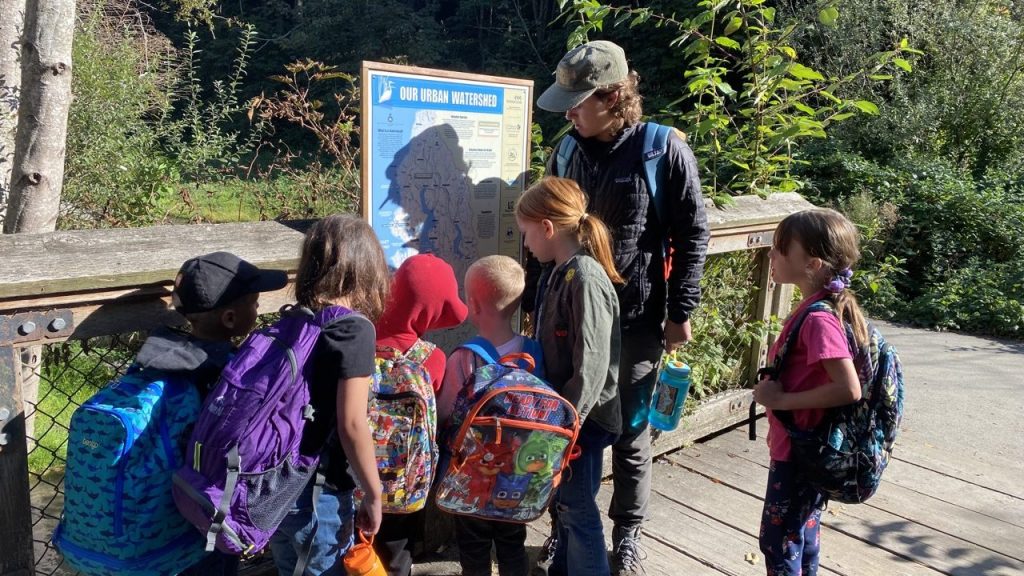
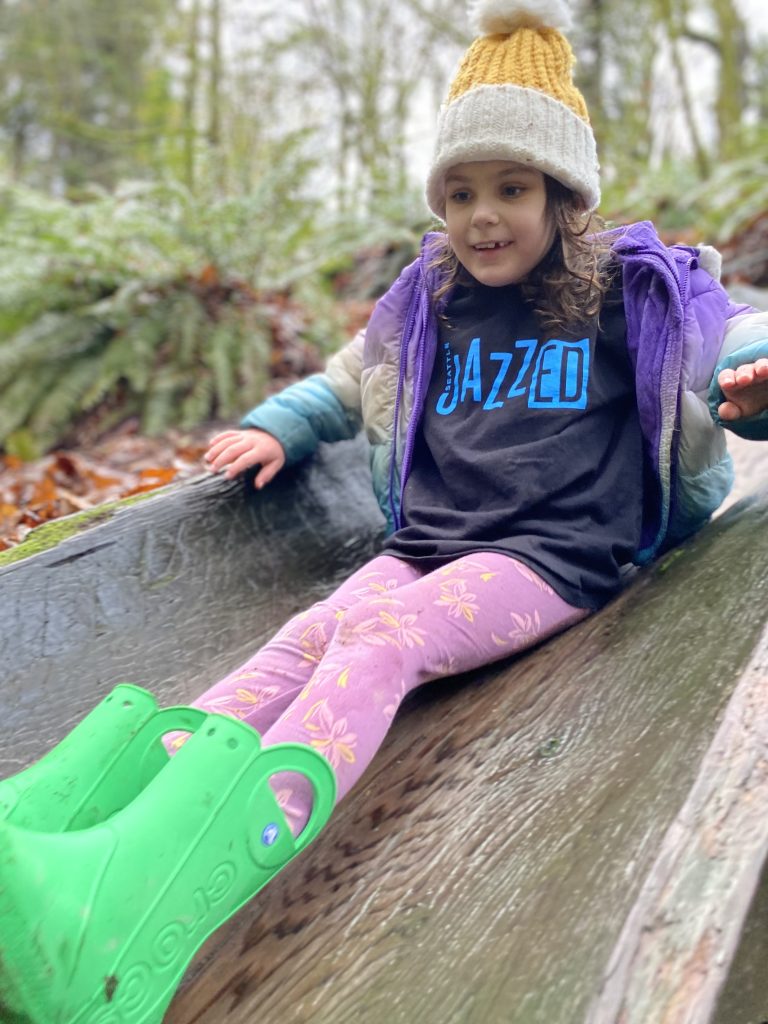
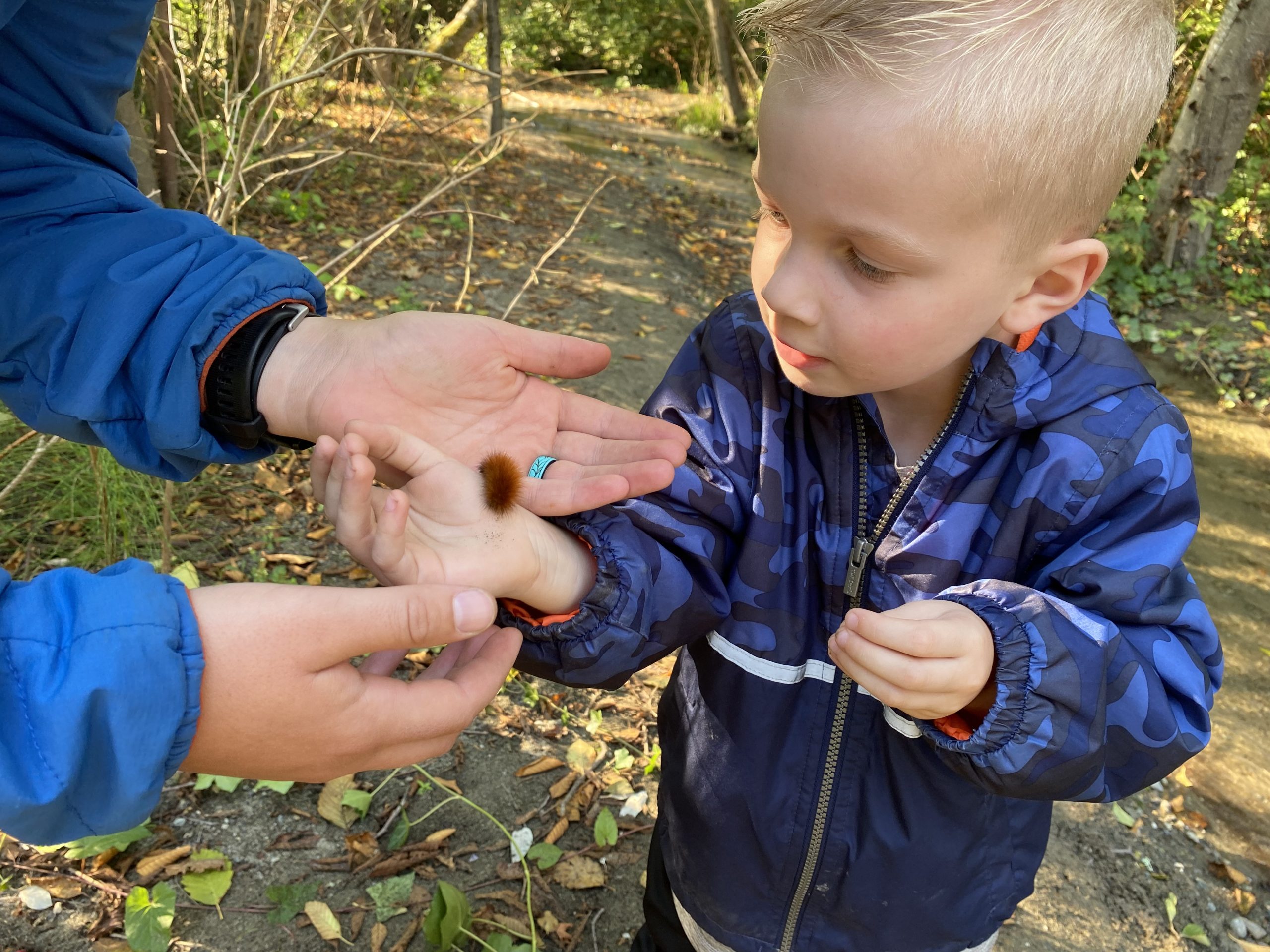
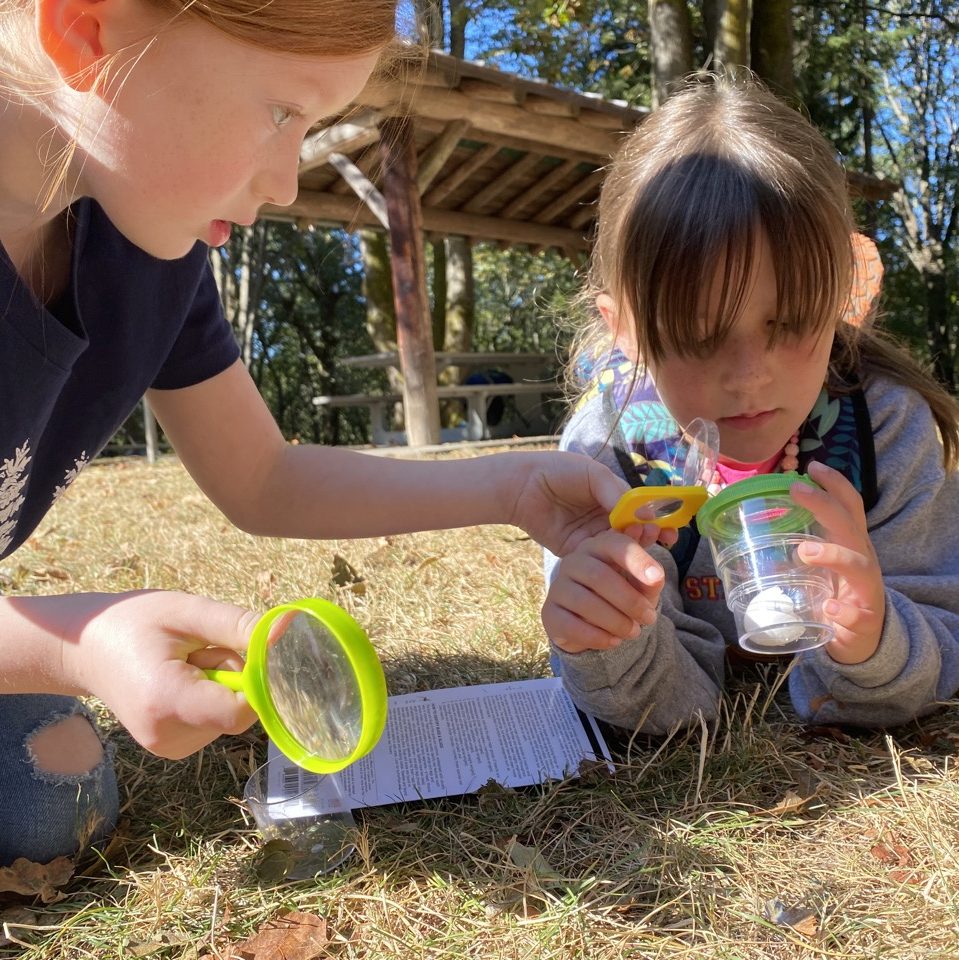
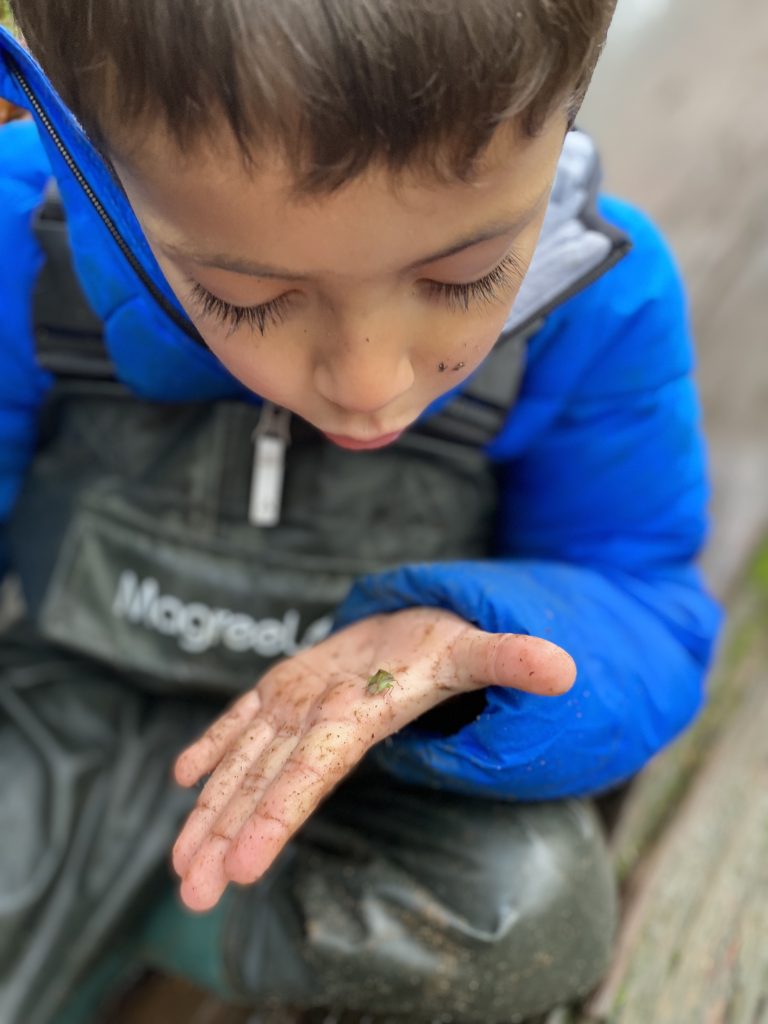
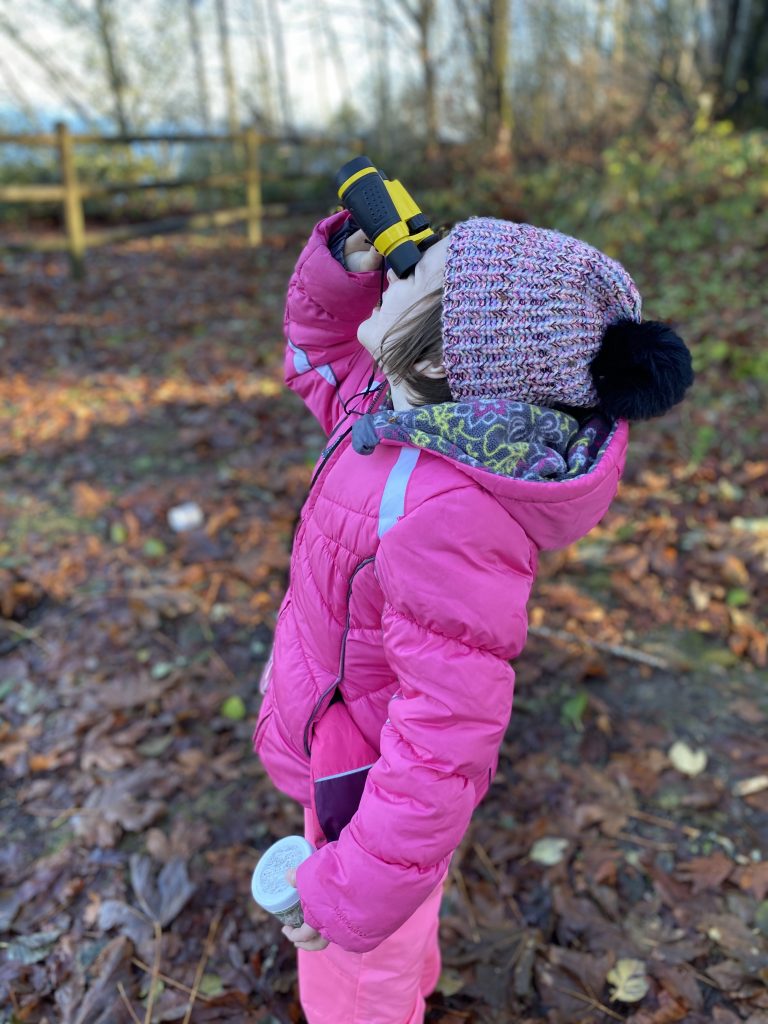
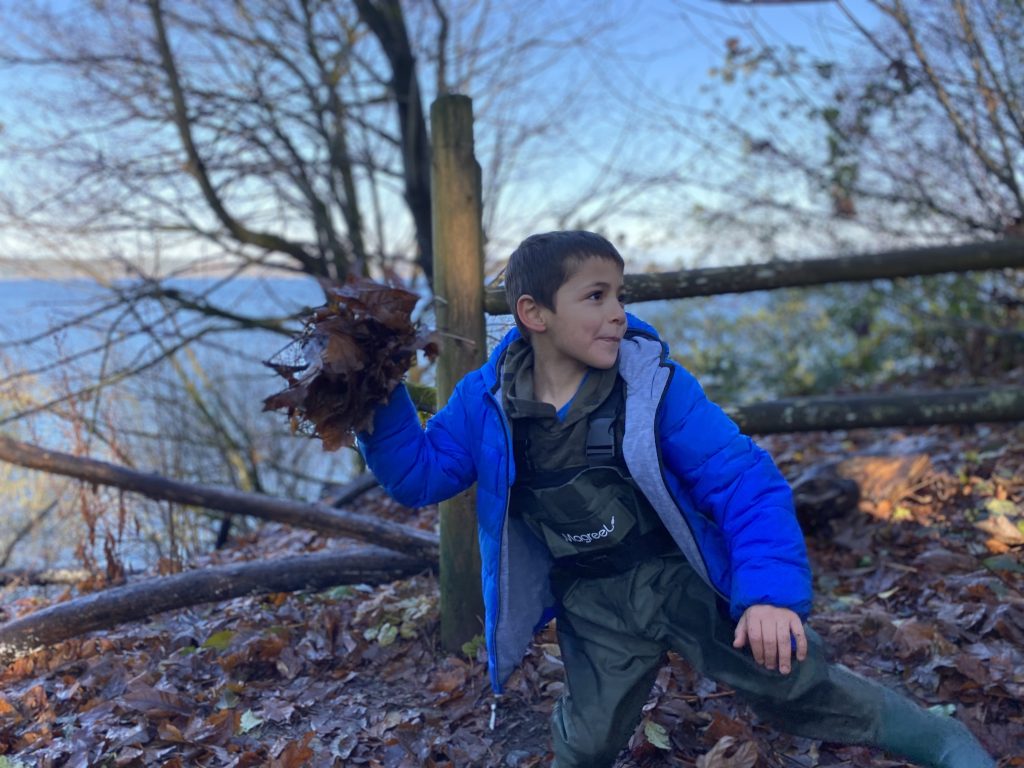
Indigenous Land
Puyallup
“It [Lushootseed] is from the beginning strength of the people, and it is from what the Creator put down upon this land for people…. The earth speaks. The animals speak. Everything has a voice.”
Vi Hilbert, Grandmother Video Project
The Puyallup tribe in their own language call themselves a name that means “people from the bend at the bottom of the river.” They are one of twelve Lushootseed speaking tribes in the Puget Sound region. The language of Lushootseed has vast diversity and multiple dialects, with each group having their own way of speaking. All dialects were to be honored and respected, reflecting the values of Lushootseed culture such as ‘Be kind, be helpful, be sharing.’
The Lushootseed speaking peoples called the mountain that dominated their horizon Tacoma or Tahoma, a word that may have meant “the mother of all waters.” The Puyallup tribe is calling on the state of Washington to rename the mountain from its current official name of “Rainier.”
Today, the Puyallup Tribe is a recognizable force in the fight for tribal rights, and were a significant player in the Boldt Decision of 1974, establishing the rights of Native Americans in Washington State to fish using traditional methods.
~ This information was found on PuyallupTribe.com
